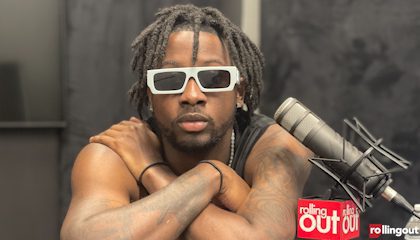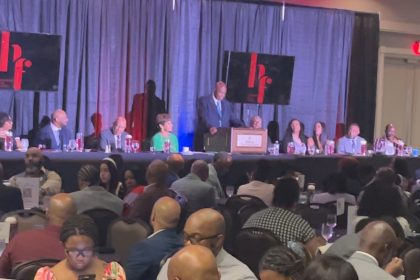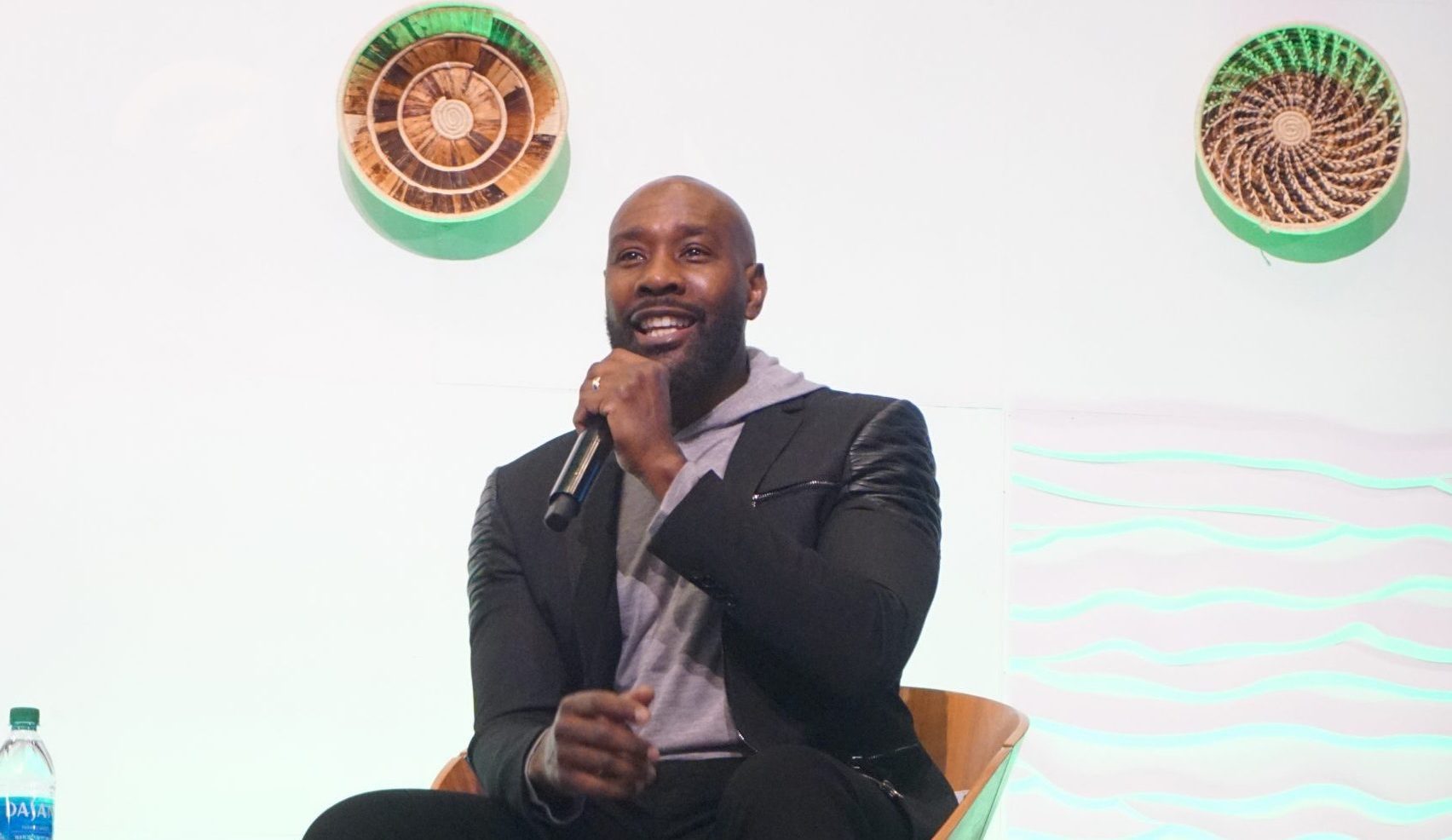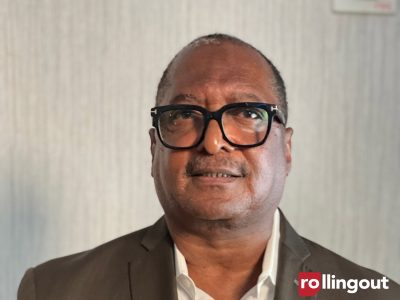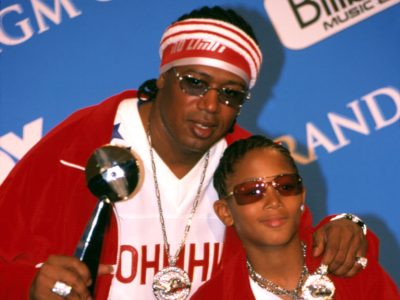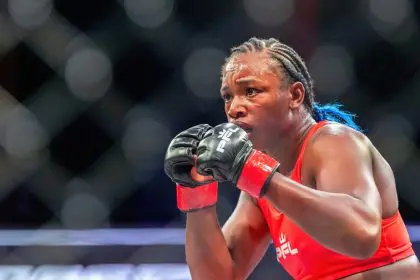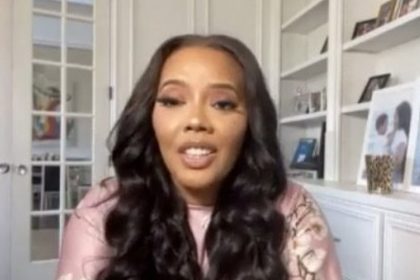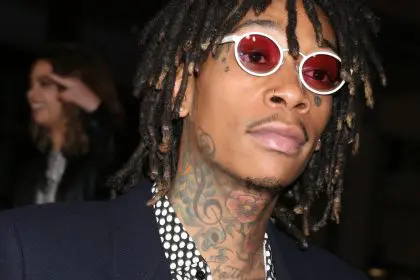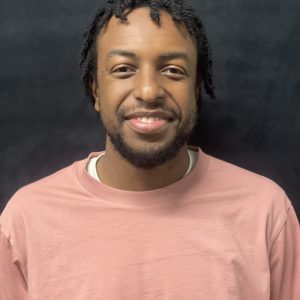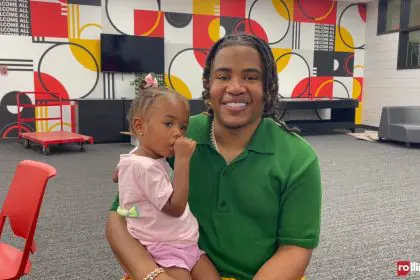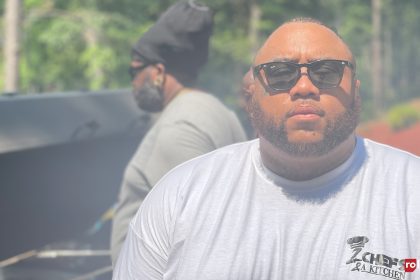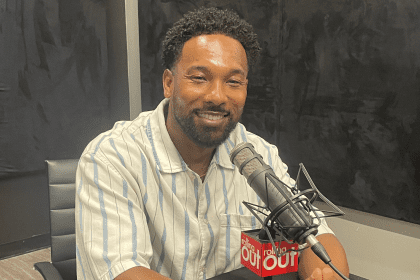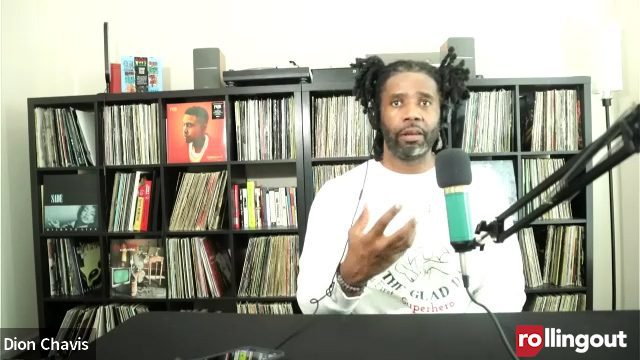
Dion Chavis wants his experience to educate, inform and inspire thousands of Black parents who are going through similar situations. For six years, Chavis fought for joint custody rights for his 18-year-old daughter. He had his daughter at 23, and didn’t have his son until around 13 years later. His daughter is currently a freshman at North Carolina A&T, and his son is a brilliant child who is also on the autism spectrum.
With this wealth of experience, Chavis teamed up with Tiffany Wiggins to start the “Black People Parenting” podcast.
Chavis recently stopped by rolling out to discuss the podcast and his own personal journey in fatherhood.
What all does your podcast entail?
“Black People Parenting” is a unique podcast. It’s a podcast where we have conversations with Black folks about raising Black children, that’s the foundation of it. There are so many things that come with raising children, and so many things that we, as parents, need to know and many things that we need to do.
So, we talk about finances, we talk about custody. We talk about things you can do with your kids, engagement activities. All of those things you don’t really hear a lot of people talking about every single day, but things that we, as parents, need to absorb, and things we can use in our everyday life.
What are key among those everyday life things?
Right now, we’re in season two, and season two is focusing on finances.
We’ve had people come on the show to talk about job recruitment, taxes, child support, how you can save for your kids’ college education and how you can teach your kids how to invest. Things we need to know as parents. There are so many things that encompass finances, so many things we can do to improve our finance, and so many things we can do to leave a legacy for our kids financially. I wanted to touch on different topics throughout the season, but all of them are under the umbrella of finances.
There’s another season coming up that I want to focus on – toxic parenting and things that come along with toxic parenting. Oftentimes, we hear about toxic relationships between romantic partners, but we don’t talk about the toxicity that can come from your own parents, or sometimes the toxicity we can bring into our own children’s lives from our parenting, so that’ll be the focus of an upcoming season. We try to just tackle a little bit of something for everybody.
When did you first become passionate about being a father?
The day my daughter was born.
Was there ever a moment growing up when you thought about what type of father you would be?
No. I never really thought of fatherhood prior to my daughter being born. When she was born, I realized since my father was shot and killed when I was 11 years old, I wanted to do everything I could to be present for my kids. I knew I was going to be there. I knew my kids, if I could help it, wouldn’t be raised without me.

